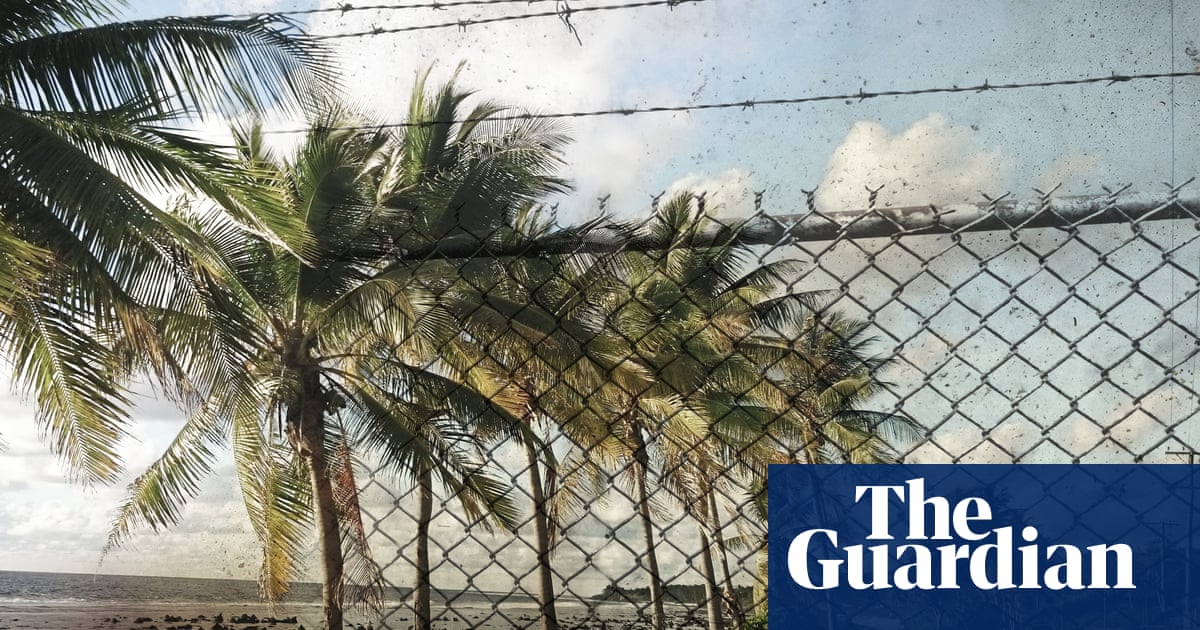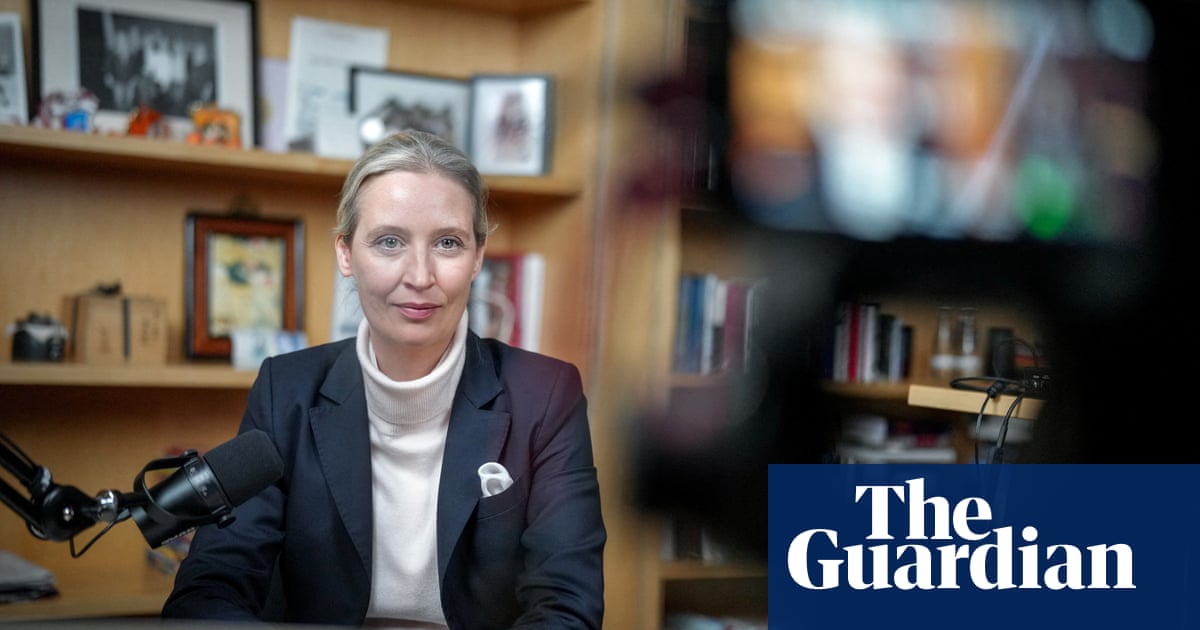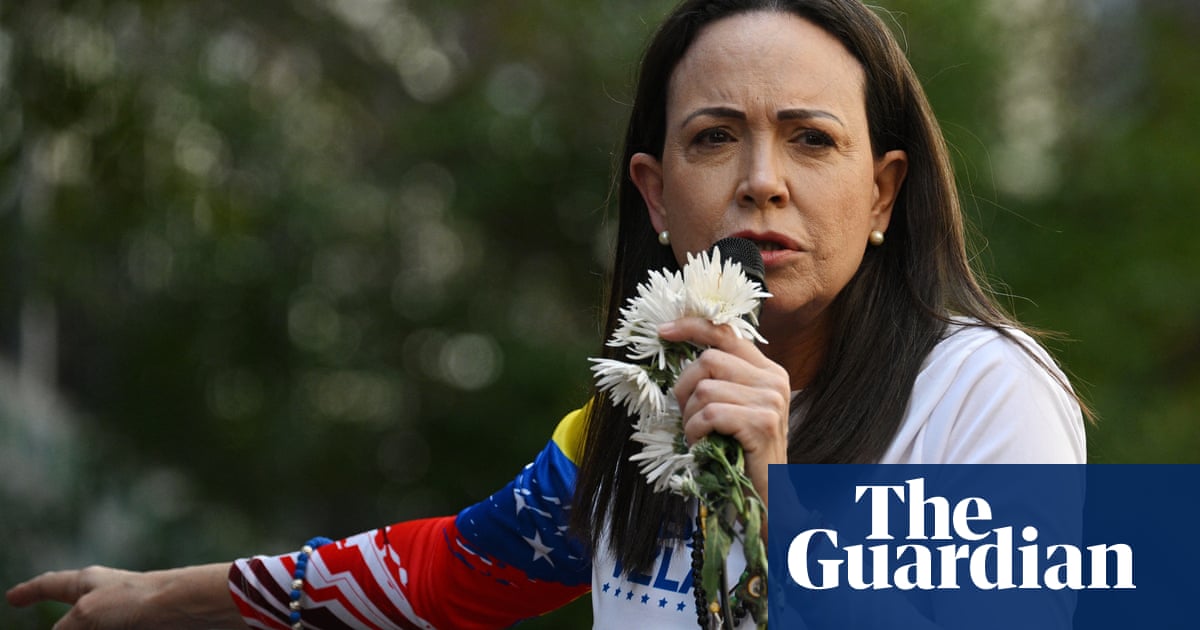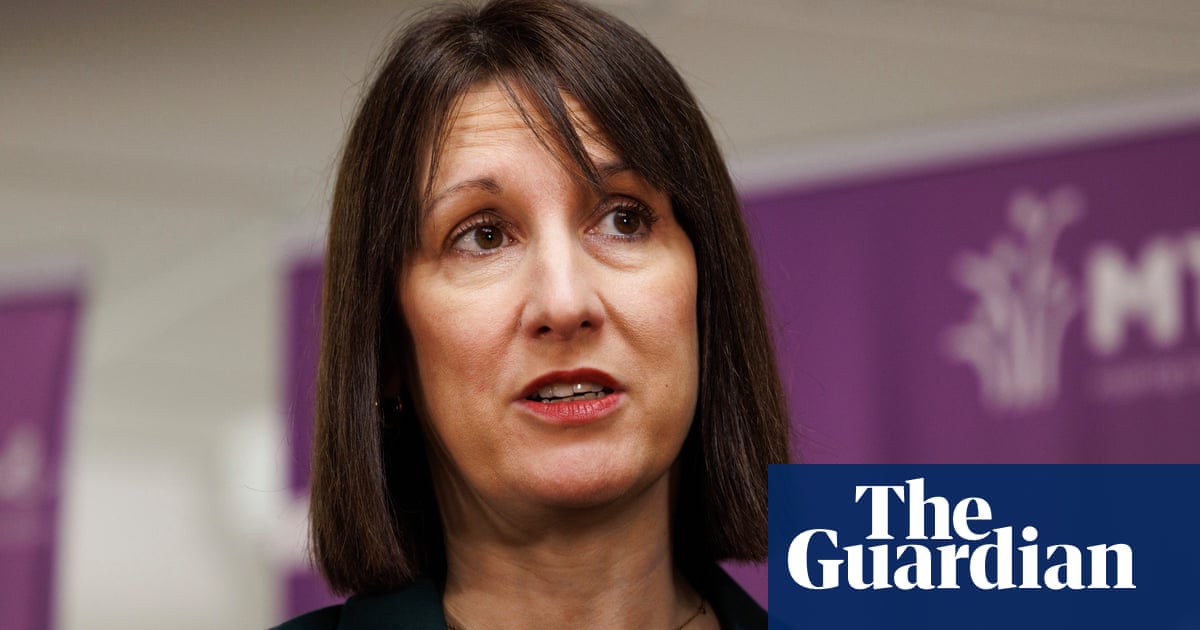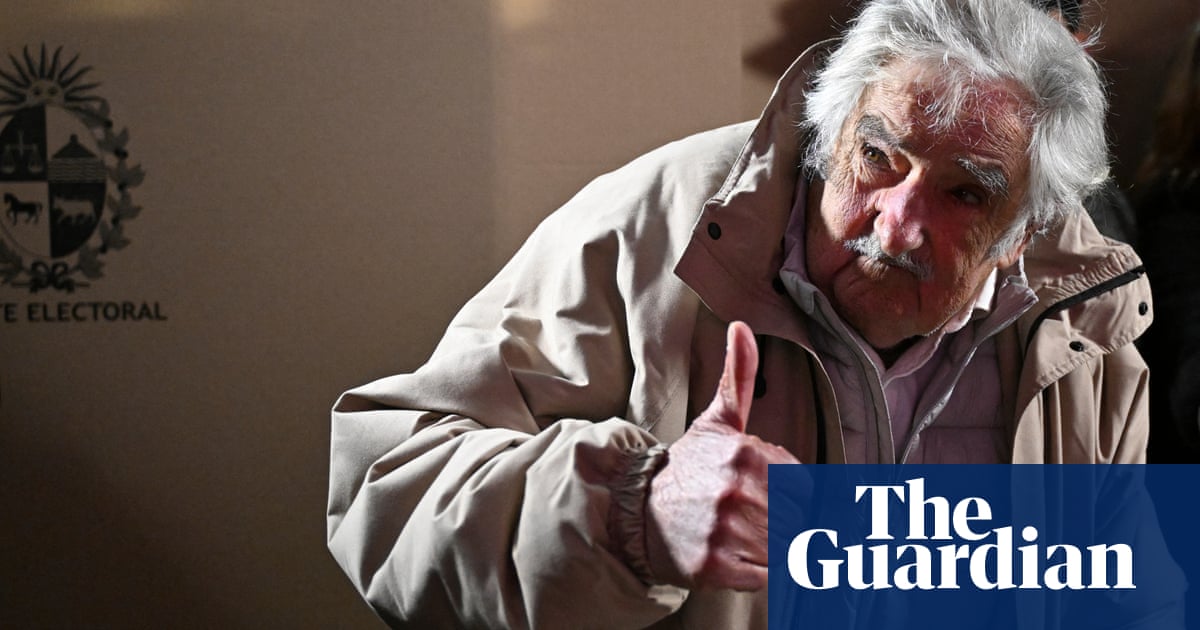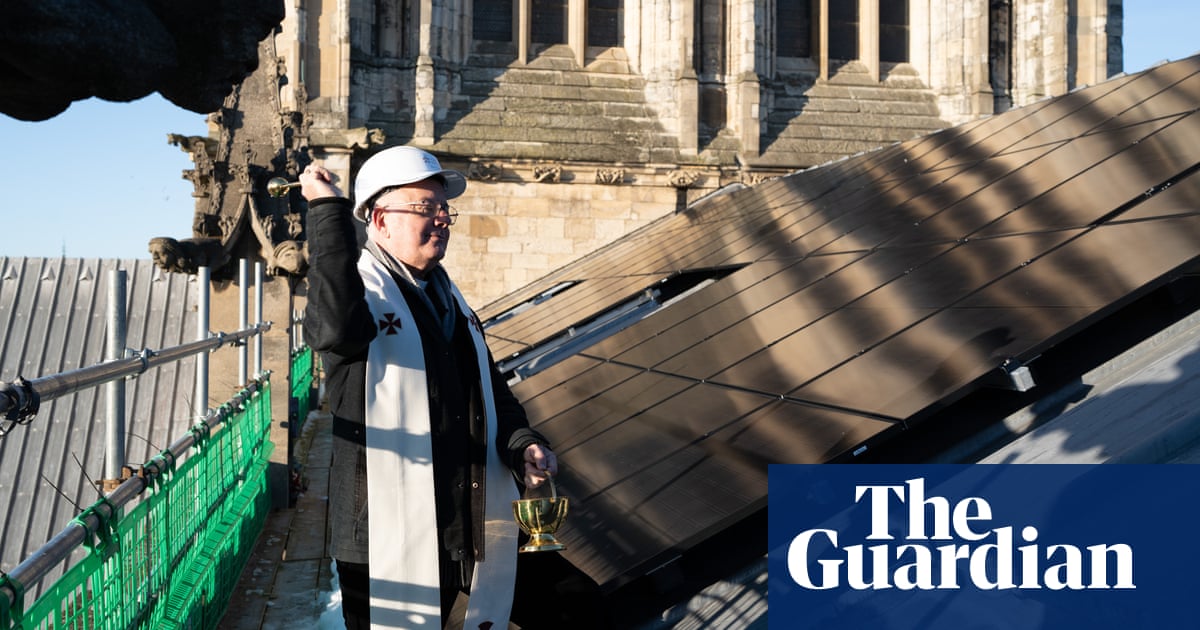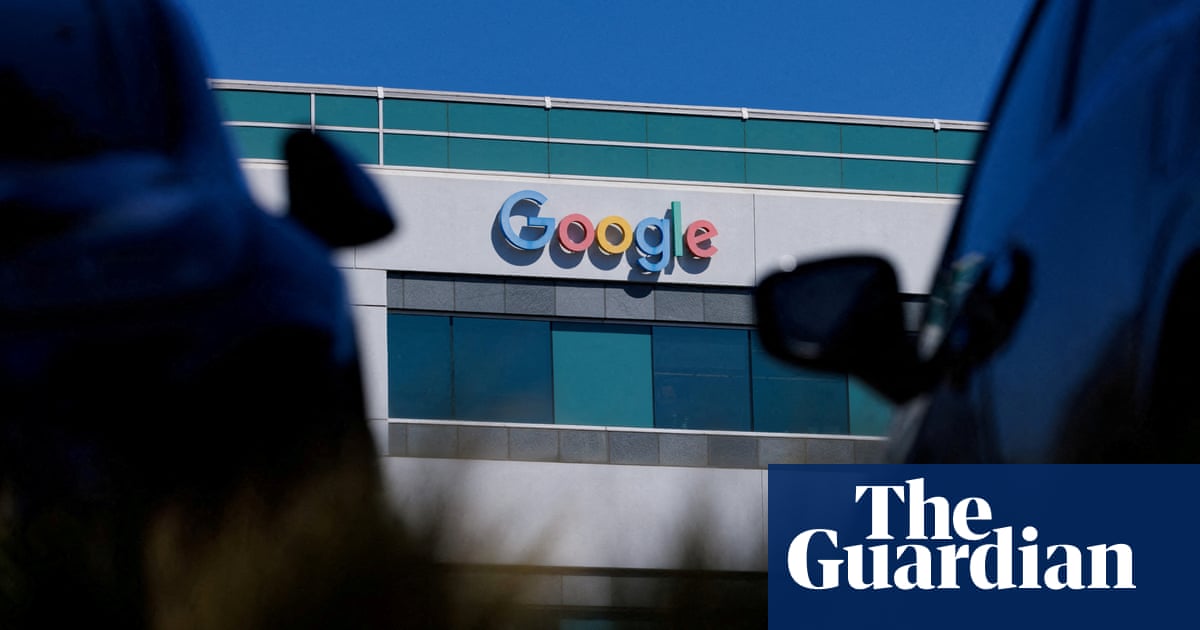In the first Trump term Richard Moore, then the political director of the UK Foreign Office and now the head of MI6, admitted half of Britain’s diplomats woke up each morning dreading what they might read on the president’s Twitter feed.
The sheer unpredictability of Trump’s caprice, and his faith in his quixotic charisma, made it hard for diplomats to operate. It would often taken feverish consultations with Trump’s senior aides, including some in the Pentagon, before a plan – such as a premature withdrawal of 2,500 US troops from Afghanistan – could be finessed.
Now, for all the pro-forma congratulations, that sense of foreboding is back. Although only 4% of the American electorate said foreign policy was the most important issue to them in the election, for those watching from abroad it was the all-consuming preoccupation.
That is hardly surprising, as Trump represents an injection of highly combustible material into an already explosive world. Two wars are raging, one now including North Korean troops fighting alongside Russia, and the other still capable of pitting Iran against Israel. And a third with China is looming. In the eyes of Republican foreign policy thinkers, that is at least two wars too many.
Yet, extraordinarily, Trump’s campaign left few clues as to how he would conduct foreign policy. Often the proposals he referenced were mere headlines – such as ending the war in Ukraine in 24 hours; outlandish, such as deporting 10 million migrants; or contradictory, concerning committing to Nato and suggesting Russia does whatever it wants to European freeloaders.
Apart from that, there is a broad intent to make tariffs as much as sanctions the central part of the US foreign policy armoury.
It is hard to claim it amounted to a serious prospectus.
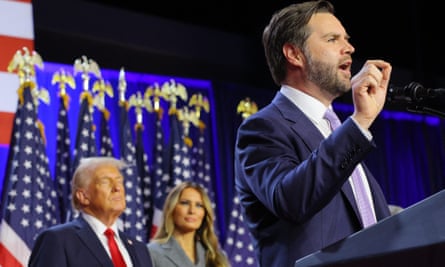
At one level, this is surprising, as so much of Trump’s analysis of America’s domestic ills derives from his analysis of the failures of US foreign policy. Indeed, the link between foreign and domestic policy is a preoccupation of the small group of foreign policy experts closest to him, not least the vice-president-elect, JD Vance.
Vance, for instance, has argued: “From Iraq to Afghanistan, from the financial crisis to the Great Recession, from open borders to stagnant wages, the people who govern this country have failed and failed again.”
He went on: “Furthermore, they failed because they bought into a theory of the world that forgot to put the interests of the US front and centre. No longer. As Trump famously declared back in 2016 when he first won the White House, ‘Americanism, not globalism, will now be our credo.’”
Peace through strength?
How Trump intervenes in the world now is a matter of debate within his circle of foreign policy specialists. Jeremy Shapiro from the European Council on Foreign Relations has put them into three tribes – the restrainers, who want the US to do as little as possible, the prioritisers, who argue that distractions such as Ukraine must be removed to focus on the Great Power competition with China, and the primacists, who insist the US must remain the hegemonic power throughout the globe, and ceding any status to the rising powers in Brics would be fatal.
But they all agree Trump’s second term has to be different, because the challenges have changed.
Nadia Schadlow, a senior fellow at the Hudson Institute thinktank in Washington, said: “He will step into a more hazardous geopolitical arena than the one he left four years earlier. Simply resuming the foreign policy of his first term will not be sufficient to navigate a complex environment in which US rivals are arming at a rapid pace and, in the case of Russia and Iran, are engaged in regional wars. This is no longer just a competition; today’s conflicts could be a prelude to a wider war.”
A second Trump administration, she argued, would need to adjust its mindset to ensure that the US can protect itself and restore deterrence in an increasingly dangerous world.
“The US would need to adopt a strategy of overmatch, a military concept that refers to combining capabilities in sufficient scale to ensure lopsided victories over the enemy in combat,” Schadlow said. “To achieve overmatch, US forces must be able to seize the initiative, maintain their freedom of action and find ways to limit the country’s adversaries to reactive measures.”
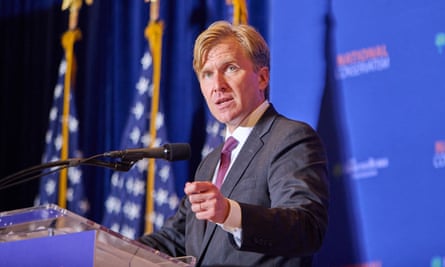
This assertion of peace through strength comes with a price tag. She says it would require a “build-up of US military force not seen since the last decade of the cold war”. That necessitates prioritising, the key theme of the 2018 Trump national security strategy in which Elbridge Colby had a key role.
Colby insists Trump will not oppose alliances per se but view them as less values-driven and more “a private business partnership”, in which both sides aim to have their commercial self-interest satisfied. If those partnerships become inequitable, or the US feels it is being fleeced, then they can be broken.
Concessions to Putin and Netanyahu
The first test of this transactionalism will come with Ukraine. Vance has already set out one idea of what could happen. He said in September: “Trump would sit down with Russians, Ukrainians and Europeans and say: ‘You guys need to figure out what a peaceful settlement looks like.’”
But Vance said he already knew what this deal would entail, making the European presence at the negotiation table close to superfluous. “The Russians would retain the land they have taken and a demilitarised zone would be established along the current battle lines, with the Ukrainian side heavily fortified to prevent another Russian invasion,” he said.
While the remainder of Ukraine would stay an independent sovereign state, Vance said, Russia would get a “guarantee of neutrality” from Ukraine. “It doesn’t join Nato, it doesn’t join some of these sort of allied institutions. I think that’s ultimately what this looks like.”
By contrast, a lead candidate to be Trump’s national security adviser, Richard O’Brien, writing in Foreign Affairs, said he supported Ukraine so long as Europe paid more, something it feels it is already doing.
He wrote: “Trump’s approach would be to continue to provide lethal aid to Ukraine, financed by European countries, while keeping the door open to diplomacy with Russia – and keeping Moscow off balance with a degree of unpredictability. He would also push Nato to rotate ground and air forces to Poland to augment its capabilities closer to Russia’s border and to make unmistakably clear that the alliance will defend all its territory from foreign aggression.
“If Europe wants to show that it is serious about defending Ukraine, it should admit the country to the European Union immediately, waiving the usual bureaucratic accession protocol.”
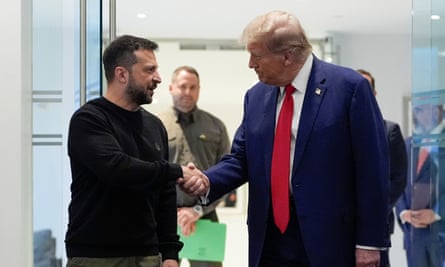
Conspicuously, in neither plan would there be any room for Ukraine to enter Nato, a red line for Putin.
Olaf Scholz, eager to shed the cost of Ukraine before next year’s federal election, may feel Europe has no choice but to urge Zelenskyy to accept, yet there is no guarantee Putin will negotiate. Sir Peter Westmacott, a former UK ambassador to the US, suggests that Trump, if he wants to be the negotiator in chief, should listen to David Cameron and buy Ukraine some time to get some better bargaining chips on the table.
Ukraine’s future will be part of a wider discussion, conducted in Europe and across the Atlantic, about the nature of the Russian threat and perennial subject of strengthening European security.
Europe, of course, already had four years to make itself more self-reliant before a possible second Trump term. There were phrases bandied about such as “the era of geopolitical outsourcing is over”. But Norbert Röttgen, the German CDU party’s foreign policy expert, told a recent Chatham House event: “We are not prepared and we are to blame for that.” The European rhetoric never matched reality.
The coordination in defence spending advocated by the French for a decade had proved too daunting, expensive and at odds with the needs of national defence industries. A pan-European air defence shield, for example, would cost €500bn ($540bn; £416bn), the EU’s incoming defence commissioner, Andrius Kubilius, said this week. That’s roughly 50% more than EU countries collectively spend on defence each year, he added.
Europe is already pointing out that, as of June, 23 of Nato’s 32 members had met its target of spending 2% of GDP on defence, twice as many as four years ago. But Colby, who believes the US should focus its energy on China, says that Europe, however indebted, will have to spend still more. In this narrow regard, he and Emmanuel Macron think alike.
Part of the problem is that the EU has demonstrated its unwillingness to conduct a common foreign policy, as evidenced by its year-long division over Palestine, divisions born of national histories.
Those divisions will allow Trump, in partnership with Benjamin Netanyahu, to ignore the resolutions of the UN, which both men hold in contempt. Netanyahu will have a freer hand to obliterate Hamas and form an Israeli-led administration in Gaza.
The sporadic US pressure on Israel to back a two-state solution, encouraged by Saudi Arabia, will dissipate. Trump told Time magazine: “There was a time when I thought two states could work.”
Instead, O’Brien says, Iran and those who trade with Iran will once again feel the heat of maximum sanctions pressure, the policy devised by Stephen Mull, now appointed to be the head of Trump transition at the State Department. Iran in turn will debate in its more isolated circumstances whether the fatwa on possessing nuclear weapons should be lifted.
But there will be a tension. Some in the administration will back the Greater Israel project. Others will want Saudi to normalise relations with Israel in a further extension of the Abraham accords, Trump’s signature first-term foreign policy achievement.
Focus on China
All of this is for a single purpose – to focus laser-like on the coming challenge of China, and what Colby has referenced as “the cosmic role of the dice”, the decision facing China on whether to invade Taiwan. The sense that China is the pre-eminent strategic threat shines through the thinking of the entire Trump policy circle, many of whom advocate the complete decoupling of the two economies.
Beijing may have drawn comfort from Trump’s recent proclamation that “Taiwan doesn’t give us anything”, even though the US, which he likened to the mafia, gave them protection. But Beijing knows that is not a green light.
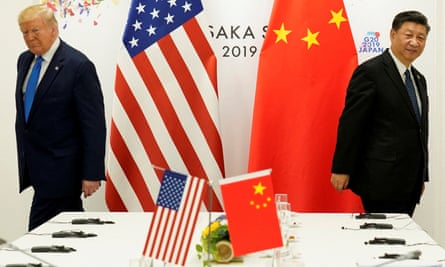
O’Brien writes: ”The Chinese Communist party seeks to expand its power and security by supplanting the United States as the global leader in technological development and innovation in critical areas such as electric vehicles, solar power, artificial intelligence, and quantum computing. To do so, Beijing relies on enormous subsidies, intellectual property theft and unfair trade practices.”
Beijing knows what is coming: tariffs. Yet Trump’s threat to impose 60% tariffs on Chinese exports (and up to 200% on electric vehicles) would, if implemented, destabilise international trade patterns and raise political tension with Europe. Brussels would either have to follow suit, or, worried about China retaliating, pursue a visibly different approach towards engagement with China, which may incur US penalties.
Those penalties could include efforts to destabilise the EU by offering tariff deals to populist rightwing governments. Dividing allies so as to rule them is far from beneath Trump, and it is far from beneath European states to push one another aside in the hope of winning Trump’s favour.
Yet even here, Trump is contradictory. In his last presidency he offered to lift key export controls in return for the elusive trade deal with China that never materialised. Appearing on Joe Rogan’s podcast, he attacked the Chips and Science Act, designed to reduce US reliance on Asia for semiconductors and passed with overwhelming Republican support, complaining it had given government support to key American competitors.
It is going to take advisers of great patience and loyalty to work alongside what the political scientist Stephen Walt has warned will be “an increasingly erratic and infirm president”.
It is hard to underestimate how foreign policy will not be about his advisers but about Trump, and the efficacy of his protection-racket diplomacy. He told the Wall Street Journal’s editorial board in October that he would not have to threaten China with the use of US military force over Taiwan because Xi Jinping “respects me and knows I am crazy”.
Similarly, he claims he told the Russian leader: “Vladimir, if you go after Ukraine, I am going to hit you so hard, you’re not even going to believe it. I’m going to hit you right in the middle of fricking Moscow.”
Welcome to the new world order.

.png) 2 months ago
16
2 months ago
16




